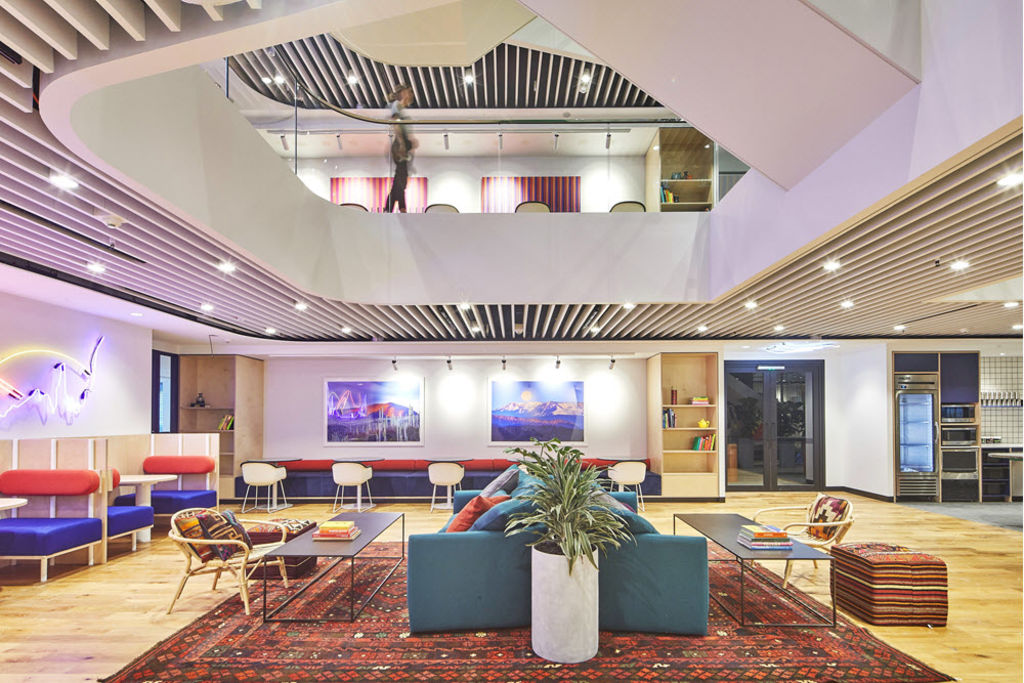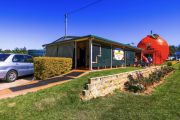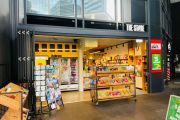
Why coworking companies are dominating Sydney's small-office market
The Sydney CBD’s small-tenant market is becoming a stronghold of flexible workspace operators, new research shows.
While the sector currently occupies 2.6 per cent of Sydney CBD’s total office space, coworking providers are estimated to account for between 25 and 30 per cent of the sub 300-square-metre market, figures from Cushman & Wakefield suggest.
The real estate firm also predicts that coworking operators could absorb more than 60 per cent of new leases in this sub-market annually, given that coworking has grown its footprint at about 25,000 square metres a year since 2018.
Cushman & Wakefield’s head of office leasing NSW Tim Courtnall said the growth of the coworking industry was starting to have an impact on the small-tenant market in 2019.
“Our brokerage team have found demand slowing for suites of sub 300 square metres, in particular in the prime-grade sector,” he said.
“These tenants are attracted to the turn-key solutions, flexible terms including no bank guarantee and ability to do short-term leases, on offer by these operators.”
The report also cited anecdotal evidence that smaller spaces are taking longer to find a tenant because of the domination of coworking groups in this sub-market.
While sub-300-square-metre leases account for 10 per cent of Sydney CBD’s lease volume by size, they make up nearly half of all leases in the city centre – an indicator of the weight held by small tenant leases.
Cushman & Wakefield’s head of research, Australia and New Zealand, John Sears said while the coworking sector was growing rapidly, particularly in CBD markets, it was still a “relatively small part of the overall office landscape”.
“We are also seeing coworking operators absorb a large proportion of new supply and are dominating in the smaller office arena, and this has the potential to put increasing pressure on landlords that rely on smaller office tenancies particularly given forecast growth rates.”
Most tenants seeking spaces smaller than 300 square metres would generally find coworking appealing, the report noted, though coworking may not suit some companies, including legal firms and those which require independent branding or isolated locations due to compliance.
Finance and insurance companies make up a quarter of tenants in the sub 300-square-metre market, followed by professional services firms and technology-based tenants, which account for 21 per cent and 16 per cent of the sub-market respectively.
Mr Courtnall said office property owners would be forced to adopt new strategies to attract and retain tenants as the competition from coworking groups ramped up.
“Smaller tenants are increasingly drawn to the high-quality fitouts and range of services offered by the coworking groups.”
Rise of coworking
Flexible workspace occupies more than 470,000 square metres of space across the office markets in Sydney, Melbourne and Brisbane – or 2.8 per cent of the CBD office markets on the eastern seaboard.
Coworking space in the Sydney CBD is tipped to take up more than 140,000 square metres in the Sydney CBD by 2020 – equivalent to 2.8 per cent of all office space in the city centre, Cushman & Wakefield predicted.
“The growth in coworking has been very strong in the Sydney CBD, jumping from 40,000 square metres in 2015 to 130,000 square metres in 2019, at an average annual growth rate of over 30 per cent,” according to the report.
Flexible workspace is concentrated in the Sydney CBD, with 70 tenancies, while there are 18 in the city’s fringe market and 43 in metropolitan areas.
The Sydney CBD office vacancy rate fell from 4.1 per cent to 3.7 per cent in the six months to July 2019, Property Council of Australia’s latest data shows.
Mr Courtnall said coworking groups including Regus, WeWork, Hub, JustCo, Compass and Victory were “very active” in their hunt for sites in Sydney to open in 2020-2021.
“We expect to see further consolidation in this sector over the coming years and our clients are closely watching the evolution of this sector in markets like London and the US, where groups like WeWork are leasing and buying whole buildings.”










